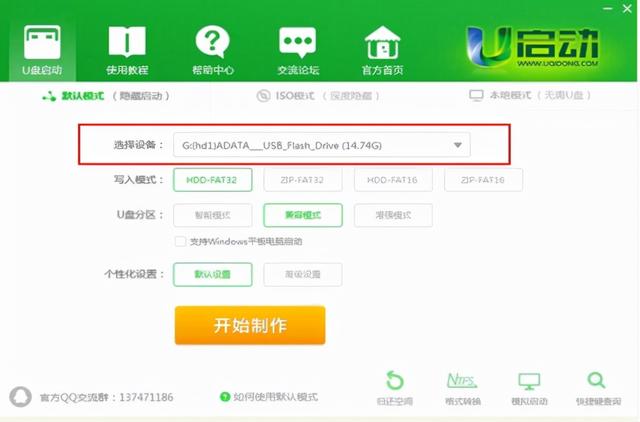今天早会时,有同事在介绍项目方案时,
老外上司说了句“You're all wet”,
什么意思?“你全湿了”?没淋雨呀!

You're all wet.
wet,英 [wet],美 [wɛt]
作形容词,表示:潮湿的;有雨的。
all wet 的字面意思是:全湿了;
日常中也确实有按字面意思用的,
如:My hands are all wet.
我的手全湿了。
但在口语中all wet还有另一层意思,
作为美国俚语,all wet表示:
完全错误、大错特错。
所以,开头提到的老外对下属的方案,
评价说“You're all wet”,意思就是:
你完全搞错了,你的方案行不通。
例句:
If you think you can easily win the game, you are all wet.
如果你以为能轻轻松松就赢了比赛,那你就大错特错了。

wet behind the ears
胎生动物在娘胎里是泡在羊水中的,
出生的时候全身都是湿的,
身上干了,耳后常常还是湿的。
因此,英语里用not dry behind the ear,
也可以说成wet behind the ear,
来表示:缺乏经验、乳臭未干。
另外,wet-nose 也可以表示:
年轻无经验。
例句:
You're still wet behind the ears.
你还嫩点儿。
He's just a wet-nose kid.
他只不过是个初出茅庐的小子。

a wet blanket
a wet blanket字面意思是“湿毯子”,
实际上表示:扫兴的人或物。
发生火灾的时候,可以用湿毯子来灭火。
后来,a wet blanket就引申为:
泼冷水灭了做某事的热情,
即“扫兴”的意思。
例句:
Stop being such a wet blanket.
别这么扫兴了

with a wet finger
with a wet finger不是简单的“手指湿了”,
实际上它表示:轻松、毫不费力地。
为什么with a wet finger会有这层意思?
我们来看看下面这种解释:
perhaps from the practice of wetting the first or second finger on one's tongue in order to facilitate turning over the pages of a book, or to rub out writing on a slate.
这个短语的来源也许来自于:用舌头沾湿第一根手指或第二根手指,以便于翻书,或者擦掉石板上的字。
想想是不是也确实有点道理,
当我们在翻书或数钱的时候,
手指沾一下口水,真的方便很多。
例句:
Go ahead, you will finish the work with a wet finger.
动手干吧,你将会轻而易举地完成这项工作

a wet weekend
a wet weekend不是“一个潮湿的周末”,
真正的含义是:
“无聊时光”、“讨厌、无聊的人”。
例句:
That was a wet weekend. My friends were coming to stay but cancelled at the last minute.
那是一段无聊时光,我的朋友们原打算留下来,但在最后一刻取消了。
,




